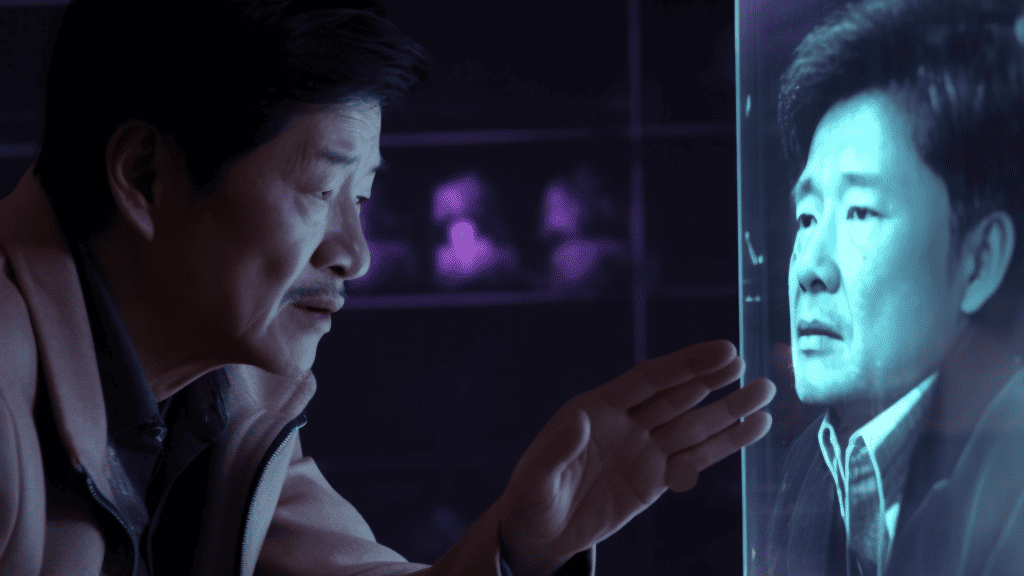AI Resurrecting Dead Loved Ones In Creepy Video Technology

If you’re grappling with the loss of a loved one, fear not as an AI program is on the way to help you connect with the dead. The technology is already taking off in China, where citizens who are struggling with the departure of someone close to them can hear their soothing words to gain some closure.
Although the product is still in its very early stages, the companies behind the product stick closely to their stance that it’s a helpful aid in the bereavement process.
When Seakoo Wu and his wife lost their only child, 22-year-old Xuanmo, after he suffered an unforeseen stroke last year, the couple was left in the darkest pits of sorrow imaginable. Searching for any way to bring his beloved child back to life, Wu and his wife turned to AI technology to bring their son back from the dead – if only in 2D picture and voice form. The program allows users to create avatars of the deceased and uses samples of their voices to program sentences that have never been spoken, which offers the bereft a way to gain closure.
Dreaming of something bigger and more lifelike, Wu says that he hopes to someday create a virtual reality version of his son, a creation that would impersonate his every move and sound, allowing Wu and his wife to visit Xuanmo whenever they’d like. For now, the parents turn to the current AI feature to hear their dead son’s voice and a message that they’ve programmed which tells them that he’s sorry for leaving so soon and that he’s still with them to walk through the remainder of their lives until they meet again.
The downside to this new AI technology is that it may be taking advantage of those grieving their dead loved ones as companies are charging thousands of dollars to recreate the sounds and visuals of the deceased. So, considering that Wu wants to resurrect his son in a virtual setting, one can only imagine just how much money he’d need to sink into the process. Still, Wu is at the forefront of this movement as he’s already started to make waves in the artificial intelligence world, previously working alongside the artificial intelligence firm Super Brain on the reanimation of his son.
By the time his work is done, Wu wants to bring every piece of Xuanmo to virtual life including his speech patterns and thoughts. Of course, this brings up a slew of moral and ethical dilemmas as researchers try to safely build the AI technology while still honoring the dead. Because it’s a brand-new initiative, there’s plenty of room for mistakes which could lead to disastrous emotional consequences for those seeking closure.
But, as long as there is a need for that closure, the companies that will make grandiose profits from reanimating a loved one will continue researching and building. For those like Wu and his wife, the virtual AI program is the last bit of connection they have with their dead son and is something they’ll cling to on their darkest of days.
Source: Tech Xplore












